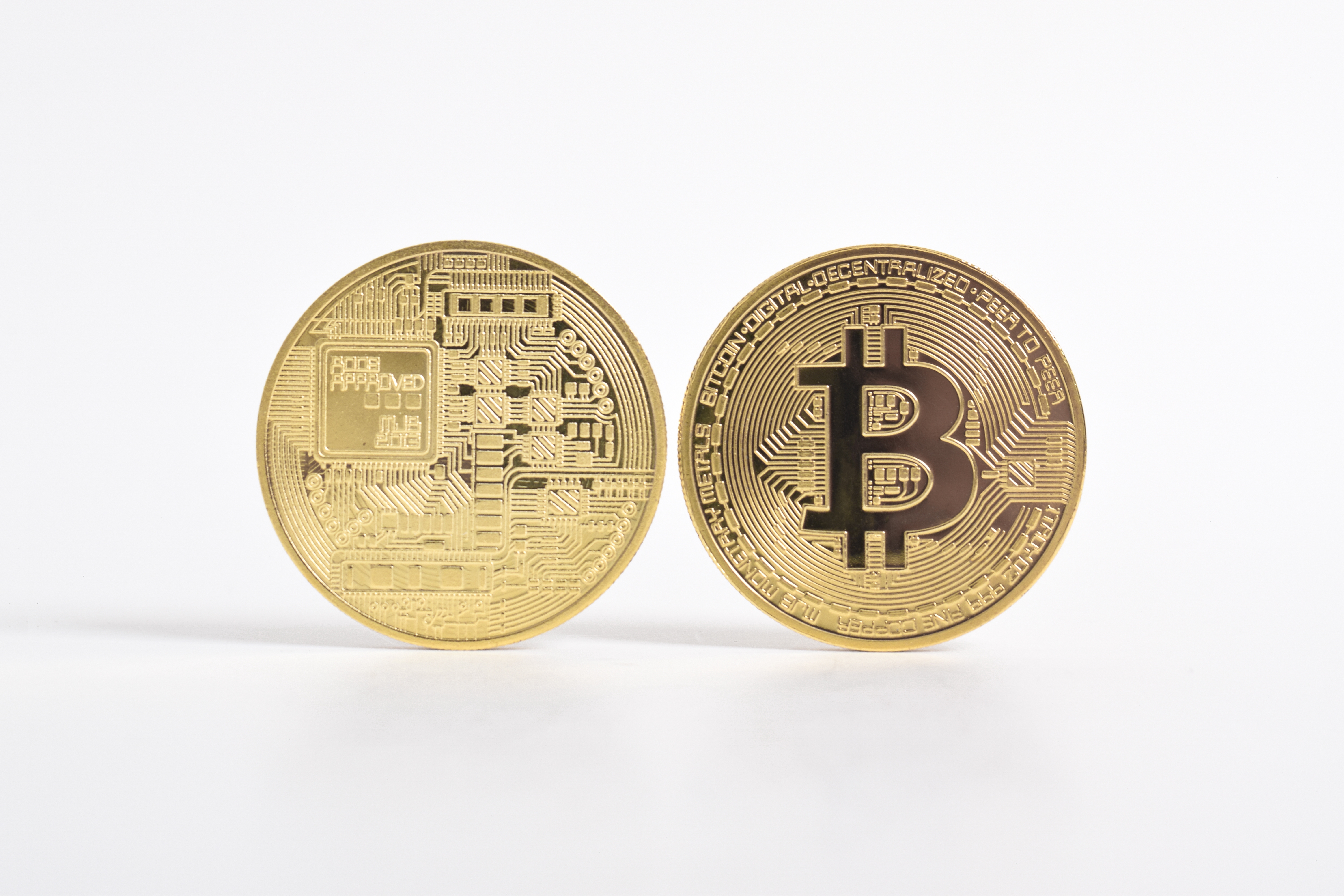Why bitcoin isn't the future of money, and you won't escape CGT on sales
Recent claims on social media suggest a Victorian court ruling will mean that bitcoin investors won't need to pay capital gains tax on sale proceeds in the future. However, I feel the legal eagles in this instance.
The claims are on the basis the magistrate and a tax lawyer viewed bitcoin as a form of money, and therefore capital gains tax free, in a similar way that giving your grandkids $100 for Christmas doesn't attract the tax.

However, I must point out that there's no chance the Australian Tax Office is going to view bitcoin as money and tax free. Any legal challenge to this position will also flop.
What is the future of money and bitcoin?
Money must be a means of exchange, a reserve of future purchasing power equivalent to a store of value, and a stable unit of account to price goods and services.
Ultimately, it also needs a central bank as a supplier of liquidity to set interest rates and meet goals such as national defence or full employment. The only alternative is to replace fiat, scrap society, the rule of law, and systems of government as we know today.
So let's take a look at bitcoin as money. It ticks the box as a store of value. It's decentralised, immutable and has a supply limited to 21 million coins. In fact it's probably a better store of value than the paper money we use today.
It also works as a means of exchange to buy goods and services. So far, so good then. I even paid for a lunch with basketballer Matthew Dellavedova at Bertie's Butchers in Richmond, Melbourne, using bitcoin.
The transaction never touched a TradFi bank account. In a first for me, the debit and credit occurred between two iPhone apps (Wallet of Satoshi) on the digital token's decentralised blockchain, without the need for verification by a third party.
In other words, there was no unique role for today's money to buy stuff.
Tokenisation and the future of money
Tokenisation in the form of stable coins, or other assets such as tokenised gold or stocks also means we could in the future use assets, rather than money, to exchange wealth for services.
This is all well and good, but here's where bitcoin fails as money.
I paid the restaurant owner around $70 in bitcoin for the lunch in October 2023. Since then bitcoin's value has roughly quadrupled against fiat to mean I paid around $280 for two sandwiches, coffees and soft drinks at at a knockabout hipsters' butcher.
So we can see bitcoin doesn't work as a stable unit of account to price goods and services.
On the contrary, 99.99% of people buy bitcoin because it's a volatile unit of account. Almost nobody wants to spend it today as they expect its price to climb in the future.
This the reverse principle of China's deflation problem. The Middle Kingdom's a nation of savers where citizens are reluctant to spend because they suspect the price of goods and services may fall in the future.
This also explains why central banks target inflation in a band of 2% to 3%, as they don't want people to stop spending.
So even in a world of asset tokenisation where money disappears as a forms of payment, our society would still need a liquid form of future purchasing power or relatively stable unit of account.
This is where central banks come as suppliers of liquidity mainly via interest rates, and unless we launch a revolution to overthrow them, the government, courts, and Australian Tax Office, you're going to pay capital gains tax on your sales.
If you're interested in bitcoin, in this article, I also unpack why if we assume fiscal stupidity is the best measure of the bitcoin price, it may have further to climb thanks to President Trump's Big Beautiful Budget Bill.
What do you think about bitcoin, tokenisation, and the future of money? Please feel free to leave a comment below.
4 topics
.jpg)
.jpg)